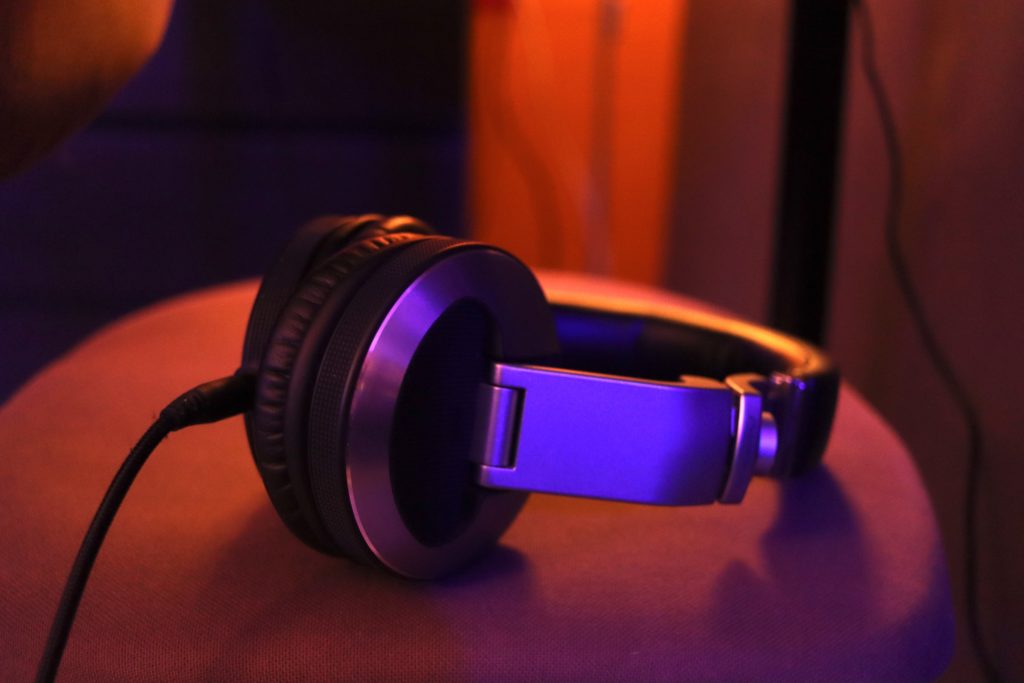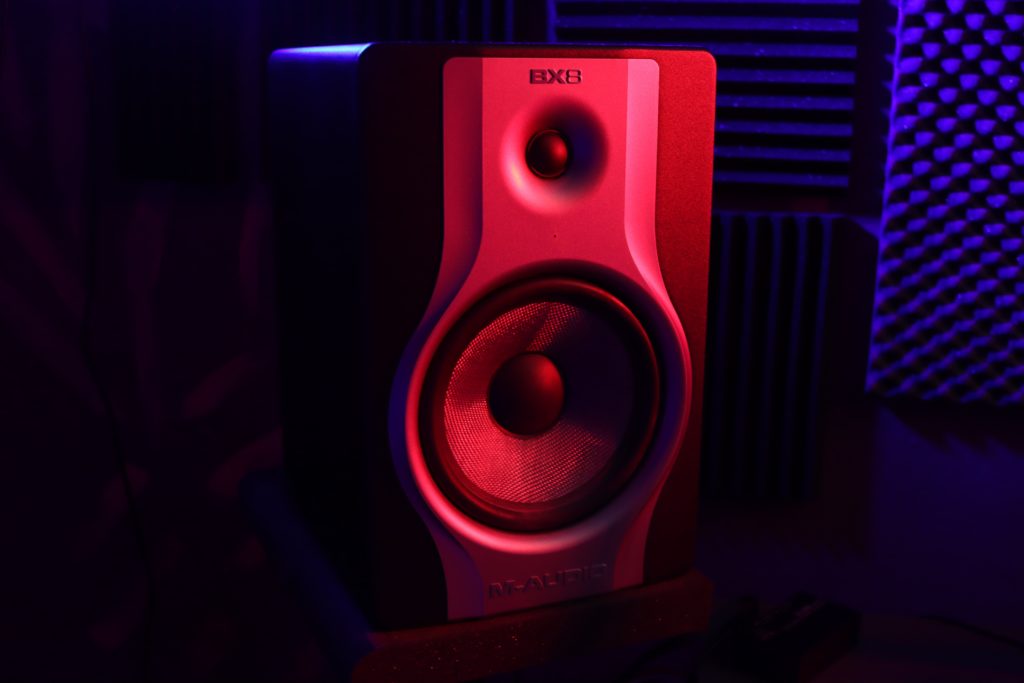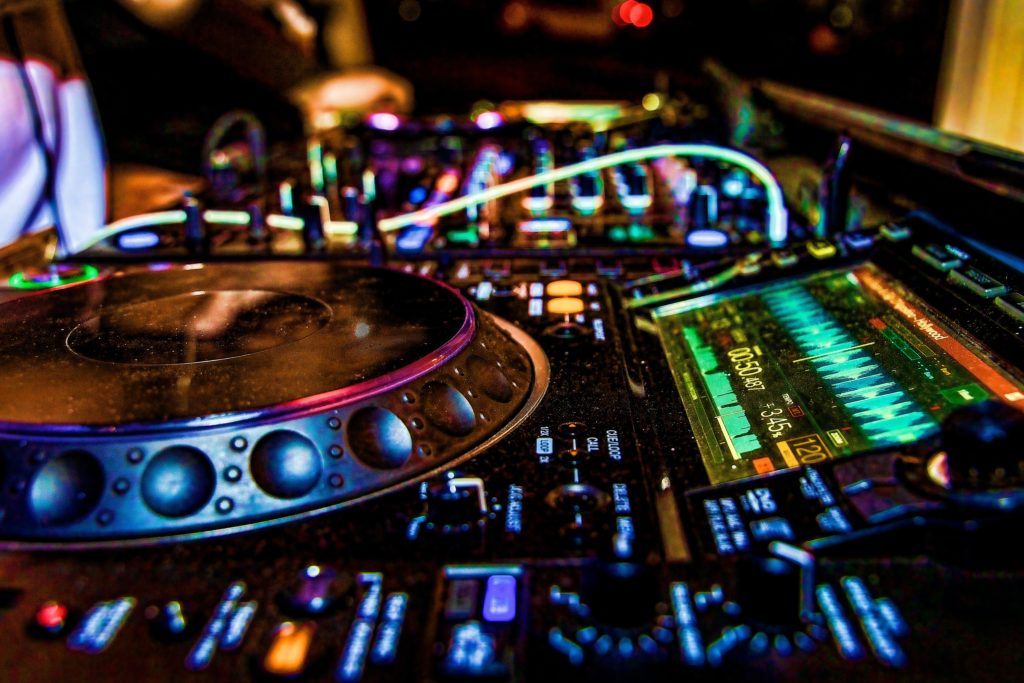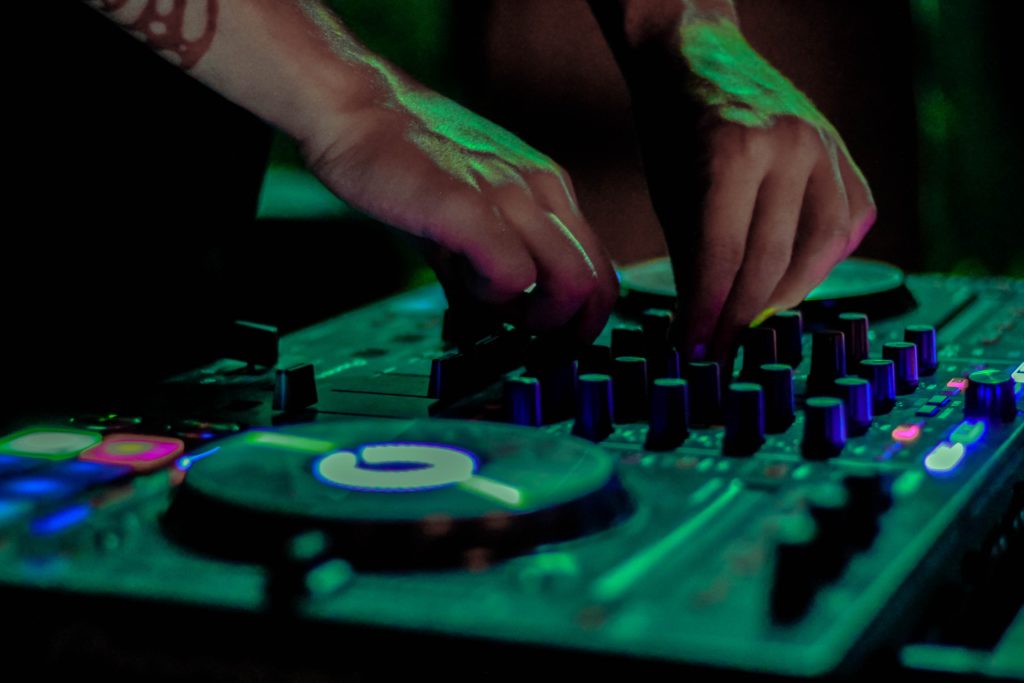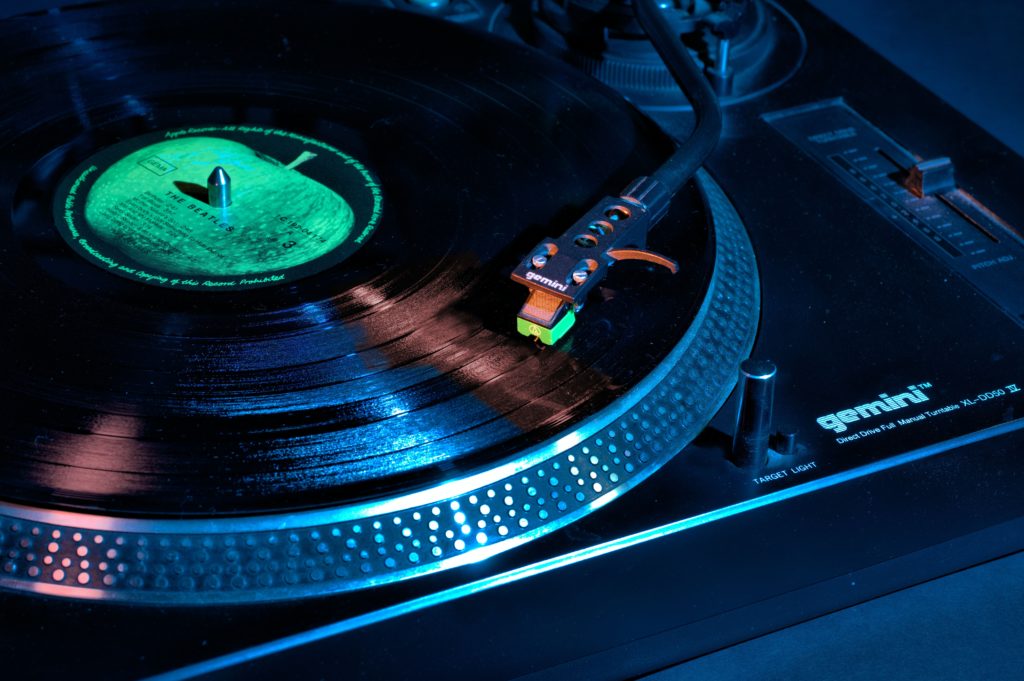Cookie Policy
BY CONTINUING TO USE OUR SITE AND SERVICES, YOU ARE AGREEING TO THE USE OF COOKIES AND SIMILAR TECHNOLOGIES FOR THE PURPOSES WE DESCRIBE IN THIS PRIVACY POLICY. IF YOU DO NOT ACCEPT THE USE OF COOKIES AND SIMILAR TECHNOLOGIES, DO NOT USE THIS SITE.
What is a cookie?
Cookies aren’t just the sweet little delights that make you fat – website cookies are basic text file that are stored on your computer or mobile device by a website’s server. Every cookie is unique to your web browser. It will contain some anonymous information such as a unique identifier and the site name along with a few digits and numbers.
Most websites you visit use cookies to improve your user experience by allowing the website to ‘remember’ you, either for the time you’ve spent visiting the site (using a ‘session cookie’) or for repeat visits (using a ‘persistent cookie’).
Cookies may be set by the website you are visiting (‘first party cookies’) or they may be set by other websites who run content on the page you are viewing (‘third party cookies’).
What do cookies do exactly?
Cookies play lots of different roles, like letting you navigate between pages efficiently, keeping track of your preferences, and improving your overall experience of a website. Cookies make the interaction between you and the website faster, smoother and easier. If a website doesn’t use cookies, it will think you are a new visitor every time you move to a new page on the site, for example, even after you “log in,” if you move to another page it won’t recognise you and it won’t be able to keep you logged in.
How does Music Giants use cookies?
Music Giants uses various types of cookies to enhance and improve your experience. Music Giants uses cookies for:
Security
We use cookies to enable and support our security features, for example: to authenticate Members, prevent hackers and fraudulent use of login credentials, and protect Member data from unauthorized parties.
Preferences
When you are signed in to your account, cookies help us display the correct information and make your experience more personable, by providing you with cool features, insights, and customized content. They can also help you fill out forms more easily, e.g., RFI forms. Loss of the information stored in a preference cookie may make the site experience less functional, but should not prevent it from working.
Session State
We gather information about how our users and visitors use and interact with the site. This may include the pages people visit most often and when and where visitors get error messages. We use these “session state cookies” to help us improve our site and of course our services. Blocking or deleting these cookies will not prevent the site from working as it should.
Analytics
These cookies help us learn how our site performs in various different locations. We use cookies to understand and improve our services and features.
What third-party cookies does Music Giants use?
(Include information and links to the companies your company partners with—the paragraph and links below are an example of the types of companies you should list)
Trusted partners like Amazon, Korg, DJMag, Pioneer, and analytics companies like Google Analytics may also place cookies on your device. Please read our partners’ privacy policies (linked below) to ensure that you’re comfortable with how they use cookies.
If you’d like to opt-out of any third-party services we work with, we’ve provided the official links for you below Hubspot Mixpanel SendGrid Stripe Google Analytics Google Analytics Opt-Out
What should you do if you don’t want cookies to be set?
We understand some people find the idea of a website storing information on their computer or mobile device to be a bit intrusive, particularly when this information is stored and used by a third party without them having any knowledge.
Although cookies are generally quite harmless, you may not, for example, want to see advertising that has been targeted to your interests using your browser history.
The good news is, you may choose to block some or all cookies, or even to delete cookies that have already been set according to your preferences; but you should be aware that you might lose some functions of the website. If you want to restrict or block the cookies that are set by our site, or any other site, you can do so through your browser setting. The ‘Help’ function in your browser should explain how to do this.
Alternatively, you can visit https://www.aboutcookies.org, which contains all of the information on how to do this on a wide variety of web browsers. You will find general information about cookies and details on how to delete cookies from your computer or device. To opt-out of third-parties collecting any data regarding your interaction on our site, please refer to their own websites for more information.


